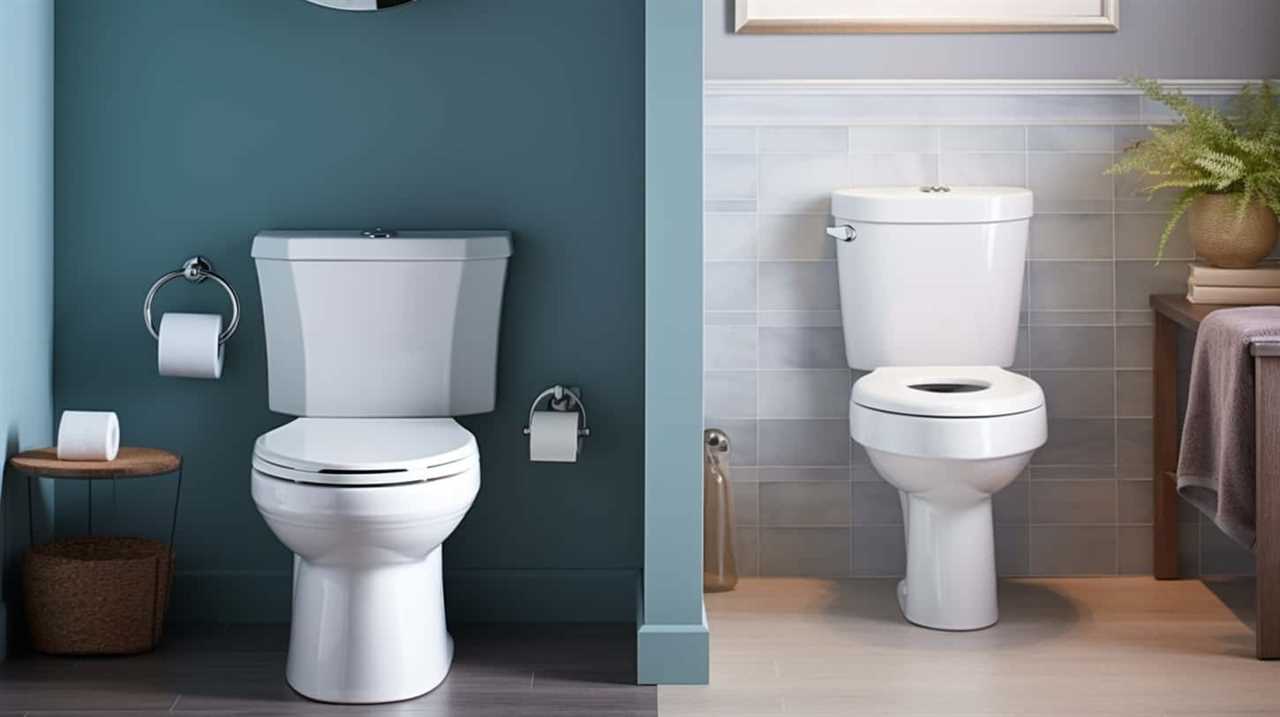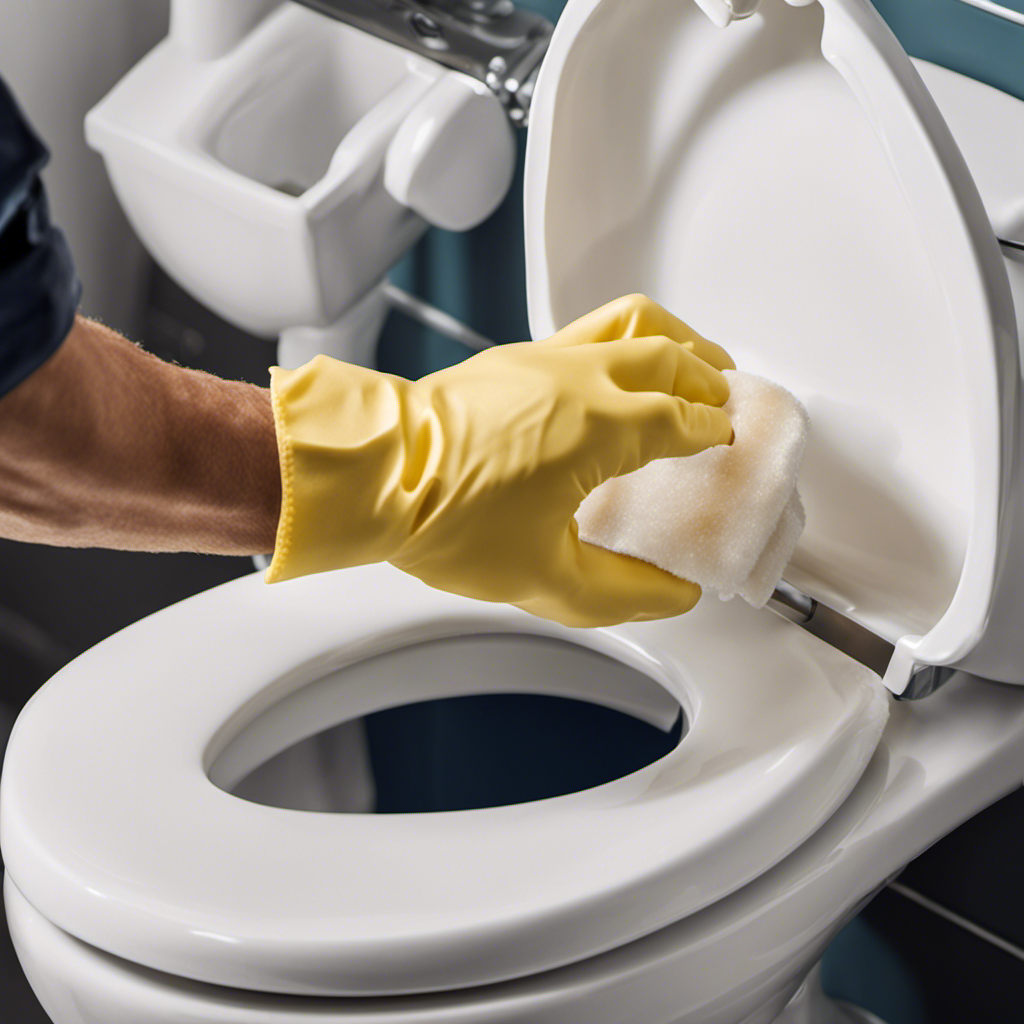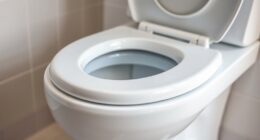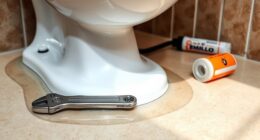Are you tired of wondering if flushable wipes are actually flushable? Well, let us delve into the world of these supposedly convenient products and uncover the truth.
In this article, we will explore the definition of ‘flushable,’ the risks of flushing flushable wipes, and the alternatives available. Prepare to gain a deeper understanding of the environmental impact and learn how to properly dispose of flushable wipes.
Get ready to master the art of responsible hygiene!
Key Takeaways
- Criteria for determining flushability of products
- Significant risks to household plumbing and sewage systems
- Alternatives to flushing flushable wipes
- Environmental impact of flushable wipes
Understanding the Definition of "Flushable
To understand the definition of ‘flushable’, we need to examine the criteria that determine whether a product can be safely flushed down the toilet.
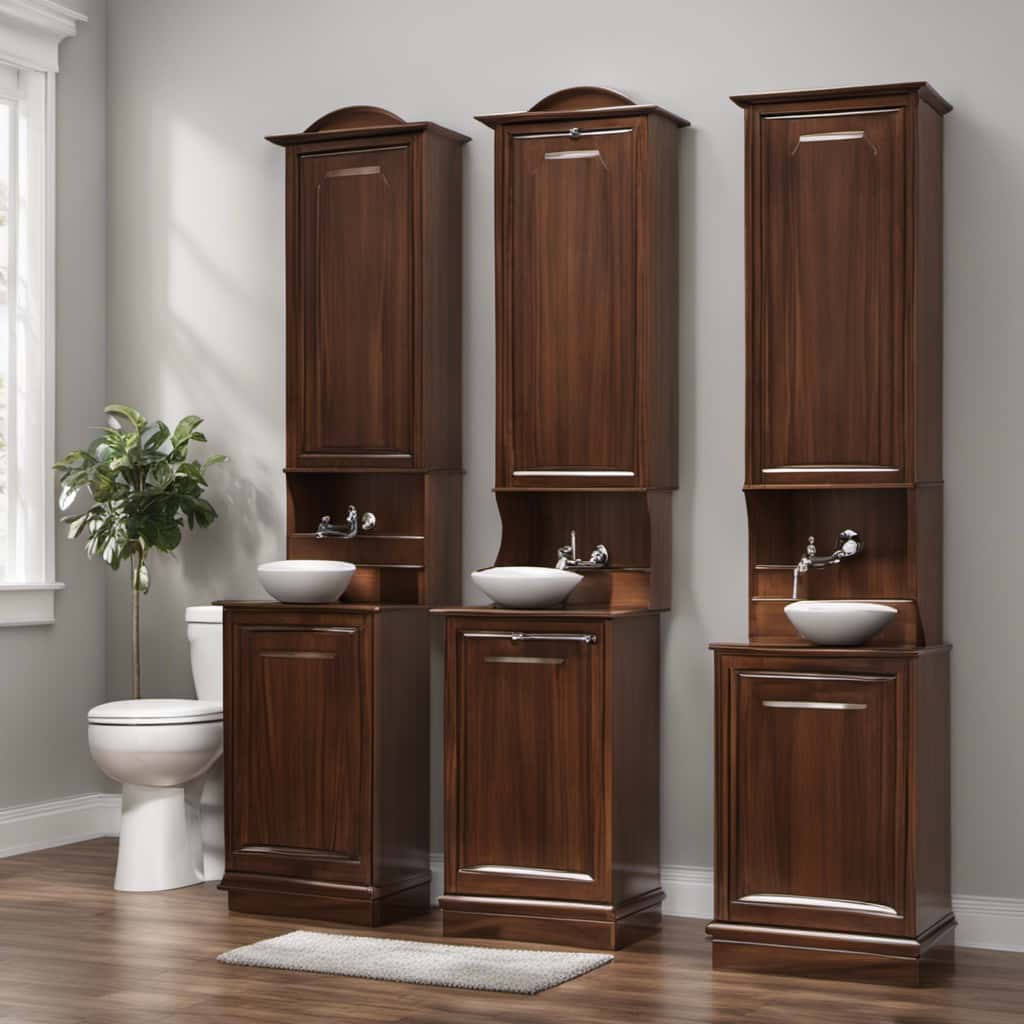
The misleading marketing of flushable wipes has led to consumer confusion surrounding their actual flushability. Many manufacturers claim that their wipes are safe to flush, but this is often not the case.
The problem lies in the fact that these wipes don’t break down as easily as toilet paper, leading to clogged pipes and sewer backups. While some wipes may technically be able to pass through the toilet, they can still cause significant damage further down the sewer system.
As we delve into the risks of flushing flushable wipes, it becomes clear that the term ‘flushable’ is often misleading and doesn’t accurately reflect the potential harm these products can cause.
The Risks of Flushing Flushable Wipes
As we continue our examination of the misleading marketing surrounding flushable wipes, it’s important to understand the risks associated with flushing these products down the toilet.

While they may be advertised as flushable, the reality is that these wipes pose significant risks to both household plumbing and sewage systems.
One of the main risks is the potential for clogging. Unlike toilet paper, flushable wipes don’t break down easily when exposed to water. Instead, they can accumulate in pipes and sewer lines, leading to blockages that can be costly and time-consuming to fix.
Additionally, these wipes can have a negative impact on sewage systems. When they accumulate in wastewater treatment plants, they can cause equipment damage and increase maintenance costs.
Therefore, it’s crucial to dispose of flushable wipes in the trash to avoid these risks and ensure the proper functioning of sewage systems.
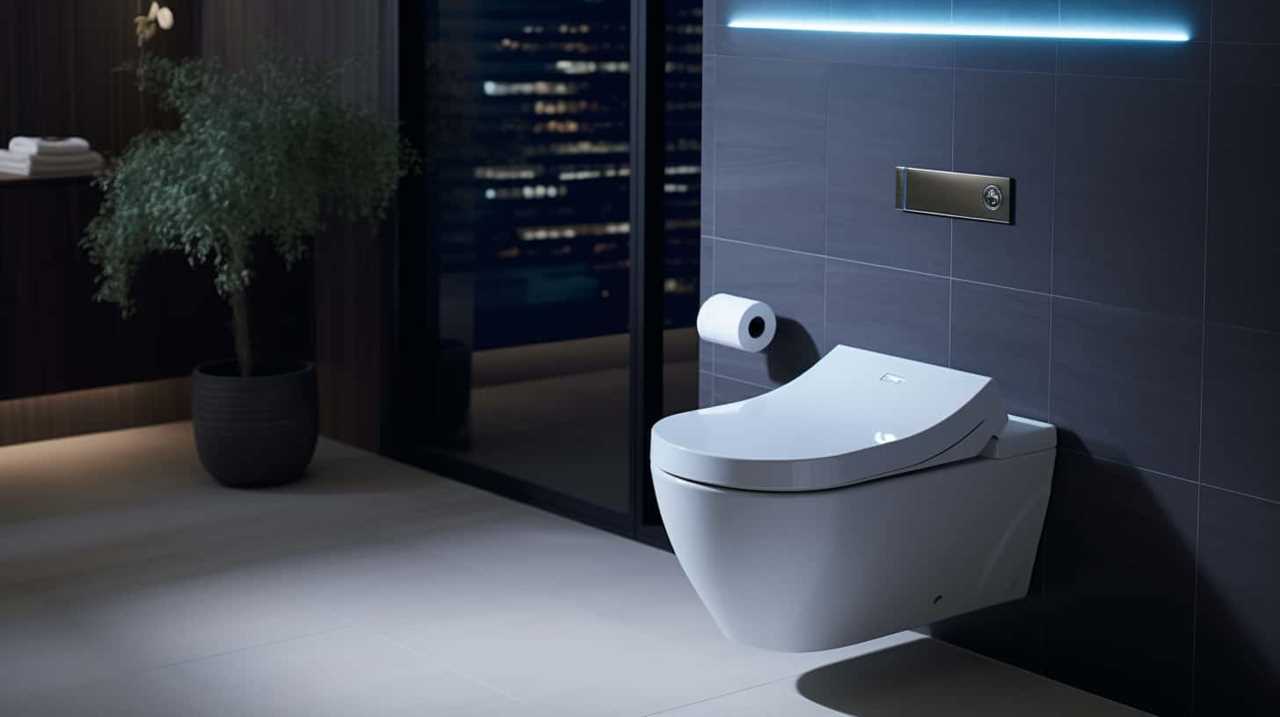
Alternatives to Flushing Flushable Wipes
There are viable alternatives to flushing flushable wipes that minimize the risks associated with clogging and damage to sewage systems. Here are three alternatives that can be used as substitutes:
- Reusable cloth wipes: These are washable and can be used multiple times, reducing the need for disposable wipes. They’re made from soft, absorbent fabric and can be easily cleaned after each use.
- Biodegradable wet wipes: These wipes are made from biodegradable materials that break down naturally over time. They’re designed to be gentle on the environment while still providing the convenience of disposable wipes.
- Water and mild soap: For certain tasks, using water and a mild soap can be just as effective as using wipes. This method eliminates the need for any disposable products and is a more sustainable option.
The Environmental Impact of Flushable Wipes
While there are viable alternatives to flushing flushable wipes, it’s important to consider the environmental impact of these products. One major concern is water pollution caused by the improper disposal of flushable wipes. Many wipes don’t disintegrate as quickly as toilet paper, leading to clogs and blockages in sewer systems. This can result in sewage overflow and contamination of water bodies.
Additionally, flushable wipes contribute to microplastic contamination in waterways. These wipes are often made from synthetic materials that break down into tiny particles, polluting our oceans and harming marine life. Studies have found that these microplastics can be ingested by aquatic organisms, causing health issues and disrupting ecosystems.
To mitigate these environmental impacts, it’s crucial to raise awareness about proper disposal methods and encourage the use of more sustainable alternatives.

How to Properly Dispose of Flushable Wipes
To properly dispose of flushable wipes, we can follow a few simple steps:
- Bin it: Place used flushable wipes in a designated waste bin instead of flushing them down the toilet. This helps prevent clogs in the sewage system and reduces the risk of environmental harm.
- Choose biodegradable options: Opt for flushable wipes that are labeled biodegradable or compostable. These wipes are made from materials that break down more easily in the environment, reducing their impact on ecosystems.
- Compost when possible: If you have a composting system, check if your flushable wipes are suitable for composting. Some wipes are specifically designed to break down in composting conditions, allowing you to dispose of them in an eco-friendly manner.
Frequently Asked Questions
Are Flushable Wipes Safe to Use on Sensitive Skin?
Flushable wipes can cause irritation on sensitive skin due to their chemical composition. When compared to toilet paper, flushable wipes may contain harsh ingredients that can disrupt the skin’s natural pH balance.
Can Flushable Wipes Cause Plumbing Clogs or Blockages?
Flushable wipes may seem convenient, but are they truly flushable? We explore the potential plumbing issues they can cause. Additionally, we compare their hygiene benefits to toilet paper and consider their environmental impact.
Do Flushable Wipes Break Down Completely in Water?
Flushable wipes claim to break down in water, but do they really? We must analyze the composition and chemical makeup of these wipes to determine if they contain harmful chemicals. Additionally, we should compare their environmental impact to regular toilet paper.

Are Flushable Wipes Biodegradable and Environmentally Friendly?
Flushable wipes may not be as environmentally friendly as advertised. The non-flushable ones have a detrimental impact on the environment. Sustainable hygiene practices should include using alternatives like biodegradable wet wipes or reusable cloths.
Can Flushable Wipes Be Safely Used in Septic Systems?
Septic tank maintenance is crucial, so we researched alternatives to flushable wipes in septic systems. Through detailed analysis, we discovered that using biodegradable toilet paper and regular cleaning practices are more effective and environmentally friendly solutions.
Conclusion
In conclusion, while flushable wipes may be marketed as convenient and easy to dispose of, they pose significant risks when flushed down the toilet. Despite their claims, these wipes can clog pipes and contribute to sewage backups, causing costly damage to plumbing systems and the environment.
It’s crucial that individuals seek alternatives to flushing flushable wipes, such as disposing of them in the trash. Remember, appearances can be deceiving, and in the case of flushable wipes, what seems convenient can lead to costly consequences.




